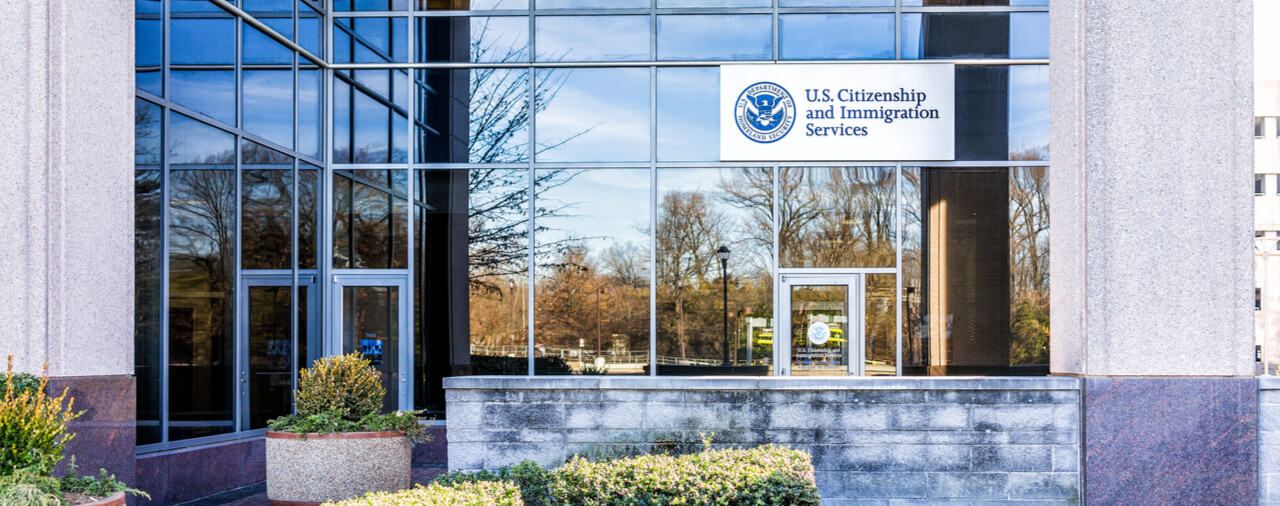USCIS Announces that it will Create a Streamlined U Visa Parole Policy in FY 2017

Introduction: USCIS to Create new U Visa Parole Policy
In June of 2016, the United States Citizenship and Immigration Services (USCIS) ombudsman recommended that the USCIS create a uniform and streamlined U visa parole policy for those who are abroad and eligible for U visa status, but who are waiting for an available U visa due to the annual cap on available U visas [PDF version]. On August 18, 2016, the USCIS responded favorably to the ombudsman's recommendation, and it announced plans to implement a uniform U visa parole policy for principal U visa petitioners who are on the U visa waiting list and who reside abroad, along with any qualifying derivative family members of said principals who reside abroad [PDF version]. In this article, we will discuss the ombudsman's recommendation and the USCIS's response. We will update this site when the USCIS announces its new U visa parole policy.
To learn about U visas in general, please see our articles on the subject:
Status [see article];
Law Enforcement Certification [see article]; and
Benefits [see article].
Ombudsman Recommendation
The ombudsman made the three following recommendations to the USCIS:
1. The USCIS should, in a manner consistent with its regulations, create a uniform U visa parole policy to allow eligible U visa petitioners and their qualified derivatives who reside abroad and are on the U visa waiting list. The purpose of such a policy would be to facilitate their entry into the United States while waiting for a U visa to become available.
2. The policy should allow for the concurrent filing of the Form I-918, Petition for U Nonimmigrant Status and the parole request.
3. Parole requests should be adjudicated at the Vermont Service Center (VSC). This would be to ensure “consistent and effective adjudication” of the requests since the VSC is responsible for adjudicating U visa petitions and benefit requests.
The ombudsman explained that regulations found in 8 C.F.R. 214.14(d)(4) explicitly provide that “USCS will grant deferred action or parole to U1 petitioners and qualifying family members while the U1 petitioners are on the waiting list.” The existence of this regulation means that the ombudsman is merely recommending that USCIS create a uniform policy for properly implementing current regulations, rather than create an entirely new rule from scratch.
In the opinion of the ombudsman, the current USCIS practices regarding parole for U visa petitioners and derivatives are inadequate. The ombudsman explained that the USCIS currently recommends that eligible U visa petitioners and derivatives residing abroad seek humanitarian parole [see article]. The ombudsman highlighted several problems with the current situation:
In FY 2016, the USCIS adjudicated approximately 78% of the 1837 humanitarian parole requests it received and of those completed the USCIS only approved 44.6%;
The application process for humanitarian parole is labor intensive; and
An applicant for humanitarian parole must submit evidence of financial support in the United States, which is explicitly not a requirement for U visa applicants in other contexts.
For these reasons, the ombudsman recommended that the USCIS create a specific parole policy for U visa petitioners and derivatives that recognizes the circumstances that would render one eligible for a U visa and better promotes family unification. In addition to the fact that parole for such U visa petitioners and derivatives is already in the U visa regulations, the ombudsman considered this recommendation important in light of the increasing wait times faced by qualified applicants for U visas due to an uptick in applications in conjunction with the annual cap on available U visas.
USCIS Response
In its response, the USCIS agreed with the ombudsman's recommendation that it should create a uniform and streamlined parole process for eligible U visa petitioners and derivatives. The USCIS announced that it will work to create a new form and policy guidance in FY 2017.
USCIS did not commit to the ombudsman's second and third requests, although it will consider them in creating the new policy. Regarding concurrent filings, the USCIS said it will consider the suggestion but is still “evaluating various options” for the application process. The USCIS did not commit to having all parole requests processed by the VSC because it is still “assessing the operational impact of the parole policy and the anticipated resources that this policy will require.” However, the USCIS stated that it “acknowledges the importance of consistent and effective adjudication of these requests.”
Conclusion
USCIS's announcement that it will work to create a streamlined parole policy for eligible U visa petitioners and derivatives is welcome news to qualified petitioners and derivatives residing abroad. We will update the site once USCIS announces its new policy.